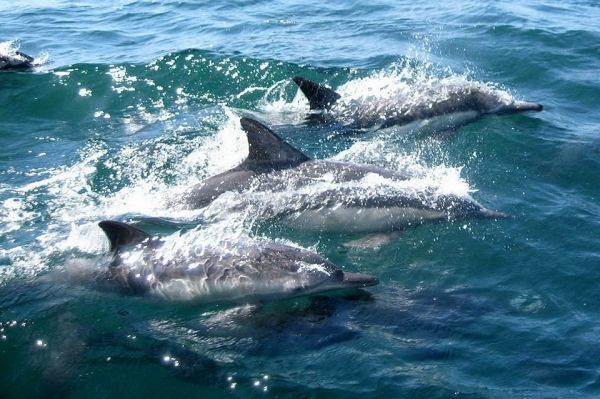As the globe warms, the atmosphere is becoming more unstable, but the oceans are becoming more stable, according to an international team of climate scientists, who say that the increase in stability is greater than predicted and a stable ocean will absorb less carbon and be less productive.
Stable conditions in the atmosphere favor fair weather. However, when the ocean is stable, the layers of the ocean do not mix. Cooler, oxygenated water from beneath does not rise up and deliver oxygen and nutrients to waters near the surface, and warm surface water does not absorb carbon dioxide and bury it at depth.
"The same process, global warming, is both making the atmosphere less stable and the oceans more stable," said Michael Mann, distinguished professor of atmospheric sciences and director of the Earth System Science Center at Penn State. "Water near the ocean's surface is warming faster than the water below. That makes the oceans become more stable."
Just as hot air rises, as is seen in the formation of towering clouds, hot water rises as well because it is less dense than cold water. If the hottest water is on top, vertical mixing in the oceans slows. Also, melting ice from various glaciers introduces fresh water into the upper layers of the oceans. Fresh water is less dense than salt water and so it tends to remain on the surface as well. Both elevated temperature and salinity cause greater ocean stratification and less ocean mixing.
Read more at University of Pennsylvania
Photo Credit: 185053 via Pixabay


